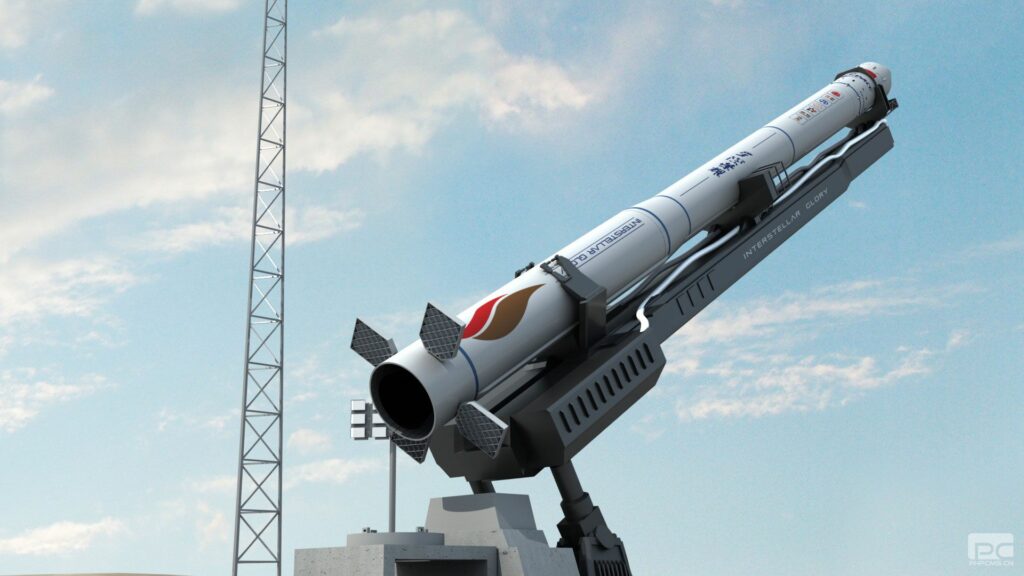On May 13, the private Chinese company i-Space launched a small solid-fuel carrier Hyperbola-1. On board was the Earth remote sensing satellite Jilin-1. The rocket successfully overcame the first part of the flight, but then an accident occurred, which led to the loss of the carrier along with the payload.

Currently, representatives of i-Space have not reported the causes of the accident. But it is already obvious that it has become a big blow for the company — especially given the growing number of Chinese competitor companies engaged in the development of their small carriers.
In 2019, i-Space became the first non-governmental Chinese company that managed to put cargo into near-Earth orbit using a Hyperbola-1 rocket. After this success, the startup managed to attract several hundred million dollars of investment, and its engineers began to refine the carrier. It has grown in size, and its payload capacity for a 500-kilometer sun-synchronous orbit has increased from 260 to 300 kg. The company’s specialists have also begun to create a more powerful liquid rocket Hyperbola-2.
However, the upgraded version of Hyperbola-1 is not showing at its best yet. The first launch, which took place in February 2021, ended in failure due to a jammed steering wheel of the first stage. The second launch attempt in August 2021 also ended in an accident — this time due to an unopened head fairing. And now the company has suffered a third launch failure in a row.
You can also read about the new Prime small rocket developed by the British startup Orbex.
According to https://spacenews.com
Follow us on Twitter to get the most interesting space news in time
https://twitter.com/ust_magazine

